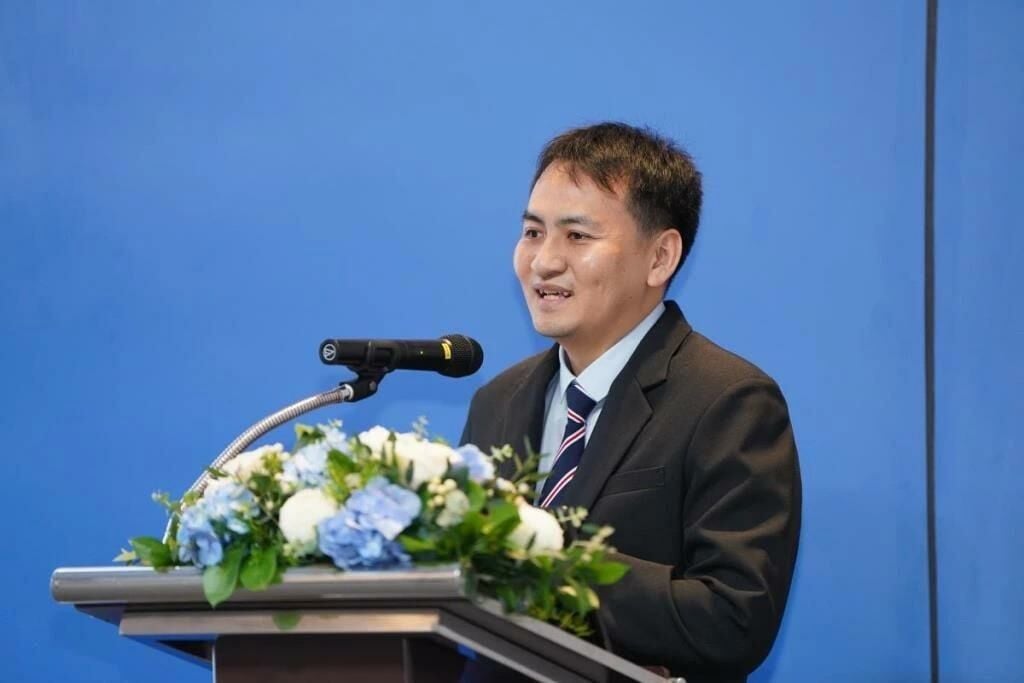Thai researcher joins groundbreaking Antarctic expedition for the IceCube Upgrade project

A groundbreaking venture in Antarctic exploration will see a Thai researcher from Chiang Mai University join an international contingent of 350 scientists from 14 nations, as part of the IceCube Upgrade project at the South Pole. This marks a significant milestone as the first time a Thai researcher will participate in this frontier of scientific discovery. The project, a joint initiative between Thailand and the United States, will be executed at the IceCube Neutrino Observatory, as confirmed by the Ministry of Higher Education, Science, Research, and Innovation.
The IceCube Neutrino Observatory, known colloquially as IceCube, is stationed at the Amundsen–Scott South Pole Station in Antarctica. The observatory is a cubic-kilometre particle detector, embedded in the Antarctic ice near the station, extending beneath the surface to a depth of approximately 2,500 metres.
The Thai involvement in the polar research project was initiated in 2013, following a recommendation by Her Royal Highness Princess Maha Chakri Sirindhorn. The project encompasses a broad spectrum of research areas such as geology, biology, physics, astronomy, microplastics, climate change, and polar ice melting.
Since its inception, the Information Technology Foundation under the Initiatives of Her Royal Highness Princess Maha Chakri Sirindhorn has facilitated collaborations between various Thai research organisations, universities, and their international counterparts, including those in China, Japan, and South Korea. Chiang Mai University is one such participant in the IceCube collaboration and has recently been involved in the IceCube Upgrade, a research project centred on engineering techniques, reported Bangkok Post.
Chana Sinsabvarodom, a lecturer and researcher from the Department of Civil Engineering at Chiang Mai University’s Faculty of Engineering, is set to become the first Thai to work at IceCube in the South Pole, where average temperatures during the warmest season plummet to minus 28 Celsius, with lows reaching minus 60 Celsius.
Chana will be transported via a specially modified aircraft by the US Air Force, designed to ferry researchers and scientists to and from the South Pole. The extreme weather conditions of the region limit the team’s working period to a maximum of four months annually.
In a related development, Ajcharaporn Phakwan, a researcher of cosmic ray and solar energetic particles at Mahidol University, will soon join a research team at the Korea Polar Research Institute (KOPRI). The project will observe cosmic ray variations across different latitudes, from New Zealand to South Korea.
Upon the conclusion of their projects, the Thai researchers are anticipated to return with advanced scientific and technological knowledge. This includes experience operating a research project in severe weather conditions, fluid-assisted boring technology, and space weather forecasting. This invaluable insight will undoubtedly contribute to the further development of advanced technology in Thailand.
Latest Thailand News
Follow The Thaiger on Google News:


























